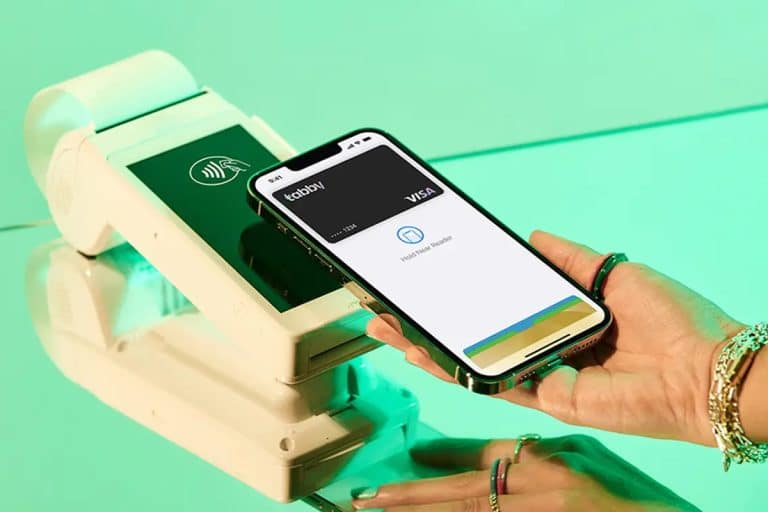MENA shoppers use buy-now-pay-later services for essential purchases, rather than discretionary spending, according to shopping and financial services app Tabby.
Tabby conducted an in-depth analysis of shoppers’ buying habits to determine the primary uses of buy-now-pay-later.
Essential purchases include education, groceries and medical clinics, whereas discretionary spending includes categories like fashion, beauty and high-end services.
Tabby MENA buy-now-pay-later research
While discretionary spending on Tabby continues to grow, the findings of this study underscore a significant discovery in buy-now-pay-later usage.
77 per cent of the app’s shoppers plan to use the financial service for essential purchases in 2024.
Data showed that first-time buy-now-pay-later purchases are twice as likely to be essential rather than discretionary with essential purchases such as education and medical expenses occurring twice as frequently.
This indicates that a large proportion of buy-now-pay-later usage is dedicated to essential spending, rather than discretionary purchases.
The data highlighted that essential purchases through buy-now-pay-later have a larger average value than discretionary purchases.
This shows that for many shoppers, buy-now-pay-later offers an affordable and accessible way to purchase high-value essentials such as household appliances and insurance, as customers prioritise spending on necessities.
Two-thirds of the app’s shoppers have stated that buy-now-pay-later is an essential tool to manage cash flow, indicating that buy-now-pay-later remains a vital tool for money management.
It provides an accessible and affordable way for customers to access credit.
Hosam Arab, CEO and Co-Founder of Tabby, said: “Our research shows that buy-now-pay-later is an important tool that helps customers take control of their spending.
“Tabby is committed to supporting our community and helping our customers make financially sustainable and responsible decisions.”





